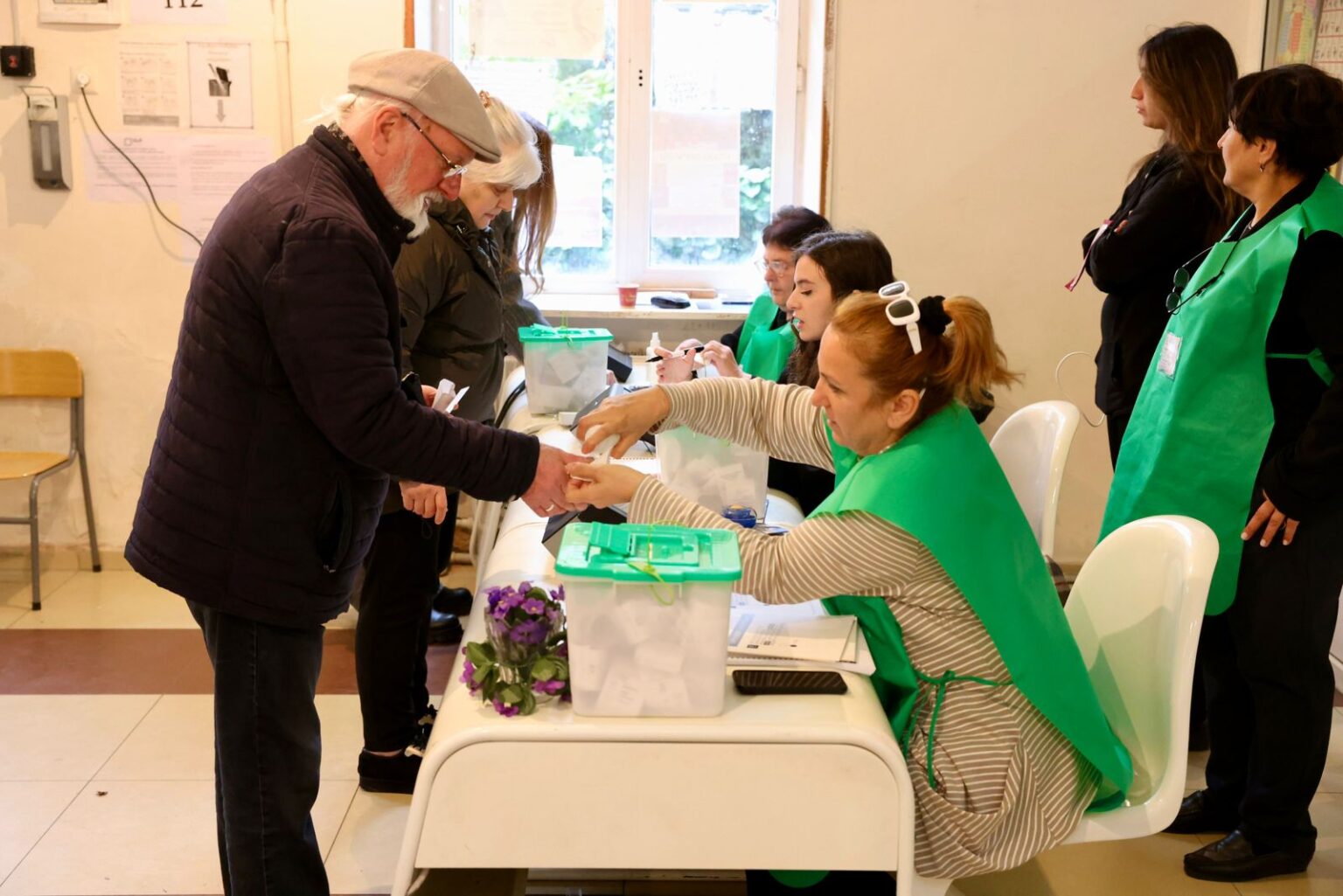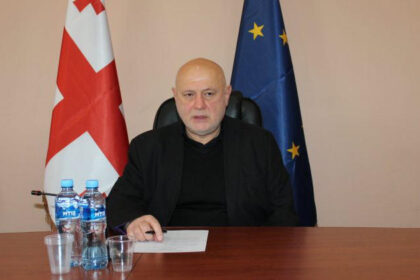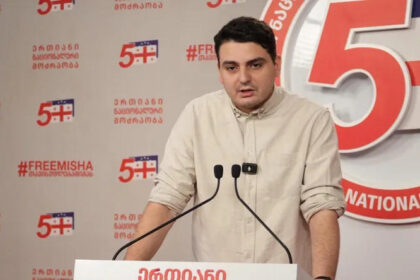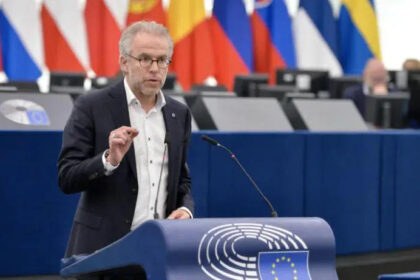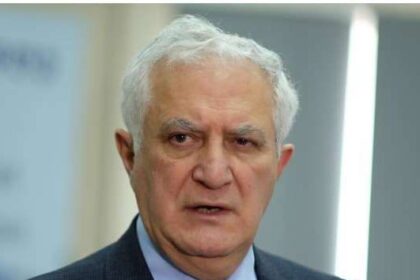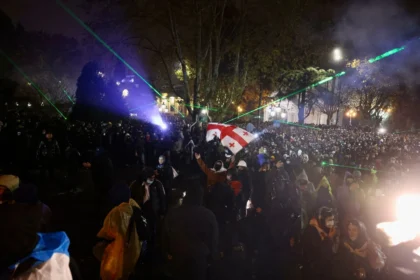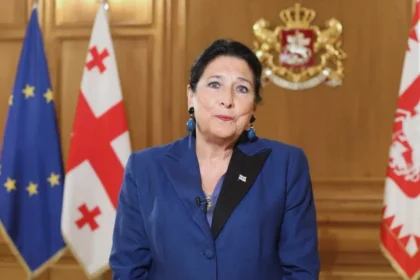**Georgia’s Election Dilemma: A Test for Democracy**
As Georgia prepares for its local elections on October 4, the country is facing a major test of democracy. The Office for Democratic Institutions and Human Rights (ODIHR), an international monitoring body, has expressed deep concern over the Georgian authorities’ reluctance to invite their election observation mission.
In a statement released on July 7, ODIHR regretted the Georgian government’s stated intention not to invite their observers, despite having been invited to every local election in Georgia since 2002. The Office emphasized that an international monitoring mission is essential for transparency and public confidence in Georgia’s democratic institutions.
The Georgian Dream (GD) government’s decision not to invite ODIHR has raised eyebrows, particularly given the country’s commitment to democracy over the past two decades. Prime Minister Irakli Kobakhidze claimed that inviting ODIHR would be “unnecessary” and that their monitoring of municipal votes is usually reserved for exceptional cases.
**Crackdown on Civil Society**
ODIHR’s statement also highlighted growing concerns over Georgia’s crackdown on civil society, including restrictive legislation, detentions, and prosecutions. The Office expressed deep concern over the recent arrests and convictions of opposition leaders, calling on authorities to withdraw laws that hinder legitimate work by civil society.
“This is a critical moment for Georgia’s democracy,” said ODIHR Director Maria Telalian. “Civil and political rights are the backbone of our democratic institutions.”
**Opposition Divided**
The local elections have become a contentious issue within the opposition. Two parties, Lelo/Strong Georgia and Gakharia for Georgia, have decided to participate in the elections. However, eight other opposition parties have announced their boycott, citing concerns that participating under current circumstances would legitimize GD’s rule.
In an effort to sway the boycotters, President Mikheil Kavelashvili offered to pardon jailed opposition leaders if they agreed to participate in the local elections. The offer was swiftly rejected by the opposition, who viewed it as a political maneuver aimed at obstructing their plans.
**A Test of Democracy**
The upcoming local elections will be a significant test for Georgia’s democracy. As ODIHR noted, an international monitoring mission is essential for transparency and public confidence in Georgia’s democratic institutions. The decision not to invite ODIHR has raised concerns over the Georgian government’s commitment to democracy and human rights.
**What’s Next?**
As the local elections approach, it remains to be seen whether Georgia will pass this test of democracy. Will the opposition’s participation lead to a more inclusive and transparent electoral process, or will the boycotters’ concerns remain unaddressed? One thing is certain: the world is watching, and ODIHR stands ready to observe Georgia’s local elections if invited.
Read More @ civil.ge




